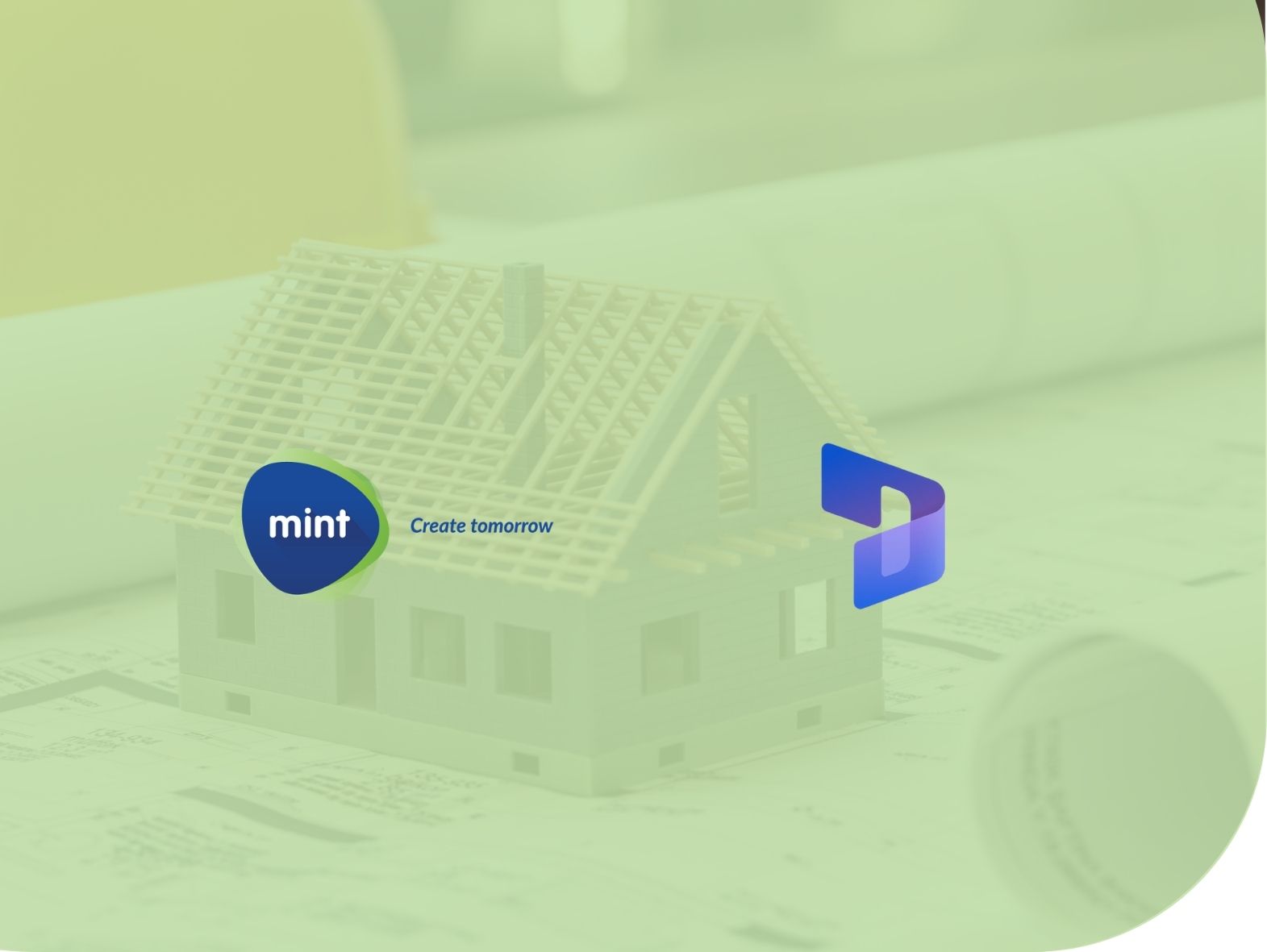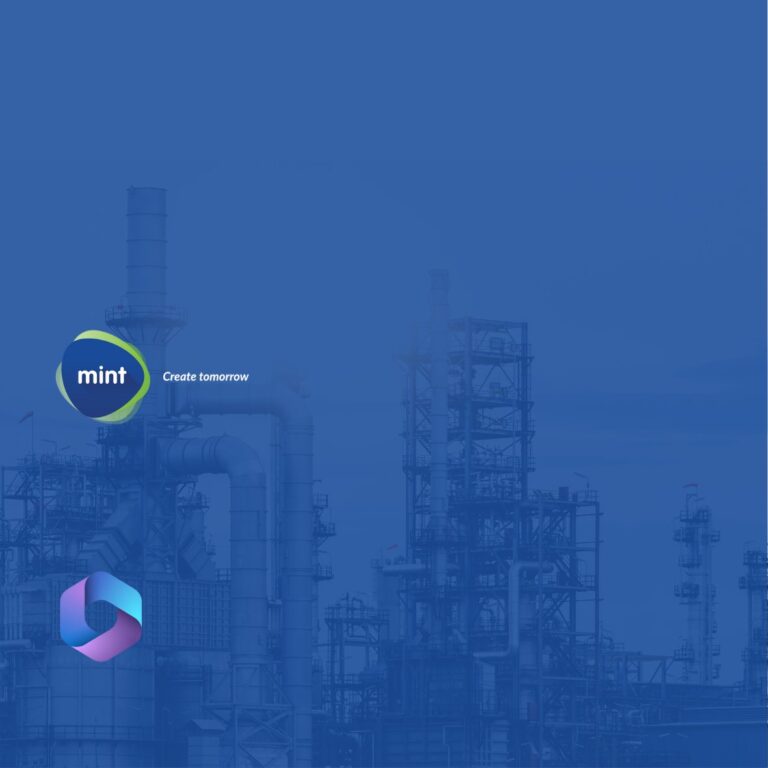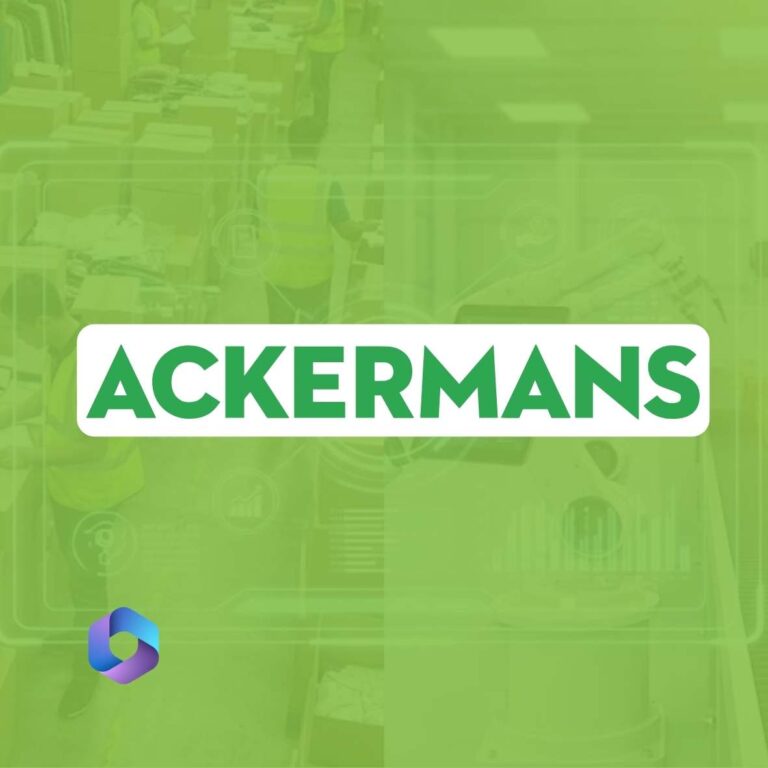
Introduction
A UK Manufacturing Sector Case Study – Optimising Microsoft Dynamics 365 for Finance and Supply Chain Management
A leading UK-based manufacturer in the construction sector engaged Mint Group in the UK to help them overcome critical challenges in the implementation of their ERP system. The organisation, which operates across multi sites nationally with significant global presence and has recently expanded its offerings through a major acquisition, recognised that its ERP platform had become too complex, fragmented, and difficult to scale.
To address these issues, the company initiated a strategic consulting engagement with Mint Group using the ProActive Discover framework. The objective was to assess the current ERP configuration, identify areas of inefficiency, and realign the system with operational and strategic business goals. This case study explores how that engagement unfolded, the issues it uncovered, and the roadmap it provided for long-term ERP optimisation
The Challenge
The organisation had originally adopted Microsoft Dynamics 365 for Finance and Supply Chain Management to unify and streamline business processes across its growing operations. However, the initial ERP rollout was largely led by the IT department, resulting in a solution that was functionally robust but poorly aligned with real-world business workflows.
As the system matured, it became evident that too many customisations had been made to suit individual site preferences and local requirements. This lack of standardisation led to inconsistent user experiences, increased support overheads, and difficulties in managing upgrades or scaling the solution across new business units. The recent acquisition of another large construction materials company further compounded these challenges, adding additional systems into an already complex technological landscape.
In this context, the ERP platform was no longer serving as a unifying force but had become a patchwork of configurations that impeded efficiency. The leadership team acknowledged that to move forward, they needed to revisit the design of their ERP environment and identify opportunities to simplify, standardise, and optimise.
The Solution
Mint Group responded to the organisation’s needs with a structured ProActive Discover engagement. The process began with a detailed consultation involving key stakeholders from across the business, ensuring that the operational realities and pain points were fully understood from the outset. Through a series of facilitated workshops, Mint Group gathered insights from finance, supply chain, and IT teams, mapping current processes and identifying misalignments between system behaviour and business expectations.
This discovery phase included a comprehensive review of the client’s user acceptance testing environment, which revealed the extent to which customisations had proliferated. Rather than focusing on technical fixes alone, Mint Group took a strategic view, evaluating how standard Dynamics 365 functionality could be used more effectively and proposing ways to streamline the ERP setup to support long-term agility.
The team also worked closely with business leaders to ensure that any proposed changes were aligned with broader organisational priorities. This alignment was crucial, as the goal was not only to address short-term issues but to create a sustainable and scalable ERP foundation for future growth and digital integration.
The Results
The ProActive Discover engagement delivered a series of tangible and strategic outcomes. The organisation gained a clear understanding of where its current ERP setup was creating unnecessary complexity and how those challenges could be addressed through standardisation and improved process alignment.
By replacing redundant or overly bespoke configurations with native functionality, the company began to reduce its dependency on custom code. This shift promised not only lower support and maintenance costs but also increased system flexibility, an important benefit in a sector that continues to evolve through innovation and acquisition.
The business also benefitted from improved visibility and decision-making capability. With a clearer understanding of how its ERP platform could support strategic goals, the leadership team was able to prioritise the next steps in its transformation journey with confidence. Importantly, the engagement provided the foundations needed to prepare for the second phase of the ERP rollout, where improvements would be implemented and extended across the wider business.
Lessons Learnt
One of the most valuable insights from this engagement was the importance of involving business stakeholders early in the ERP journey. The client recognised that while IT systems are foundational, they must be shaped by the people who use them daily in order to be truly effective. Aligning business processes with system capabilities at the outset can help organisations avoid the common trap of over-customisation and pave the way for greater resilience and adaptability.
Another key lesson was the role of standardisation in supporting scalability. With operations spread across dozens of sites, each with its own legacy practices, achieving consistency was initially seen as a challenge. However, the case study proved that standardisation need not come at the expense of flexibility. Instead, it can serve as a platform for innovation, enabling faster integration of new business units and simplifying compliance across the board.
Looking Ahead
Following the successful completion of the ProActive Discover phase, the client is now preparing to enter the next stage of their ERP journey. This will involve deploying the recommended changes, enhancing the user experience, and embedding improved processes into daily operations.
Mint Group remains closely involved as a trusted delivery partner, providing support and technical leadership as the transformation continues. With a newly focused ERP strategy and a clear implementation roadmap, the organisation is well-positioned to unlock the full value of its technology investment, driving greater efficiency, enhancing business resilience, and ensuring that its systems can evolve alongside its growth.



